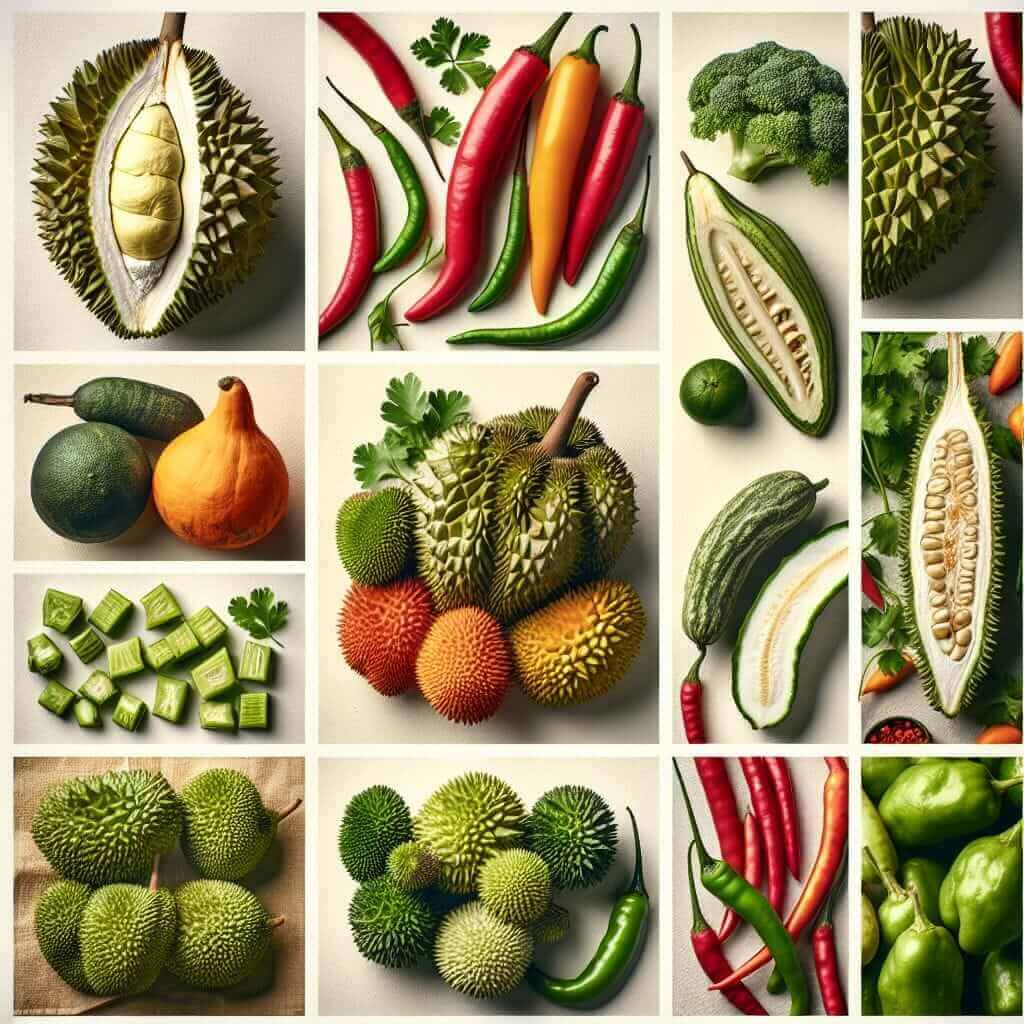As an IELTS instructor with over 20 years of experience, I’ve encountered every kind of question on the IELTS Speaking test, and “Are there any types of food you don’t like?” is a common one. While seemingly simple, this question can trip up even well-prepared candidates if they aren’t ready for it. That’s why I’m here to equip you with the knowledge and strategies to confidently tackle this question and impress your examiner.
Understanding the Question’s Purpose
This isn’t simply a test of your culinary preferences. The examiner wants to assess:
- Vocabulary range: Can you discuss different food types, flavors, and cuisines using a variety of vocabulary?
- Fluency and coherence: Can you express your dislike of certain foods smoothly and logically?
- Grammar accuracy: Are you using correct grammar structures when describing your food preferences?
- Pronunciation and intonation: Are you speaking clearly and engagingly?
Crafting Your Response
Here’s a step-by-step guide to help you structure a strong response:
-
Acknowledge the question: Start with a simple acknowledgement like:
- “To be honest, there are a few foods I’m not particularly fond of.”
- “Yes, actually, there are some things I tend to avoid.”
-
State your dislike clearly: Clearly identify the food(s) you dislike:
- “I’m not a big fan of spicy food.”
- “I’ve never been able to stomach durian.”
-
Explain your reasons: Provide a brief, clear explanation for your dislike:
- “I find spicy food upsets my stomach.”
- “The smell of durian is just too overpowering for me.”
-
Offer alternatives (optional): If applicable, mention foods you enjoy as alternatives:
- “I much prefer milder flavors, like those found in Japanese cuisine.”
- “I’m more of a sweet tooth, so I gravitate towards fruits and desserts.”
-
Keep it concise: Aim for a response that is detailed but not overly long-winded.

Sample Response
Here’s an example of a well-structured response:
“Yes, there are a few foods I tend to steer clear of. While I enjoy trying different cuisines, I’ve never been able to develop a taste for bitter gourd. I find its bitterness quite overpowering, and it tends to linger on the palate. I much prefer the subtle sweetness of vegetables like carrots or bell peppers.”
Tips for Success
- Expand your vocabulary: Familiarize yourself with food-related vocabulary, including different cuisines, flavors, textures, and cooking methods.
- Practice speaking naturally: Don’t memorize responses. Practice speaking spontaneously and naturally about your food preferences.
- Be honest and relatable: It’s perfectly acceptable to have food dislikes. Be genuine in your response and share your reasons authentically.
- Use linking words: Connect your ideas smoothly using linking words like “because,” “although,” “however,” and “whereas.”
Conclusion
Remember, the “Are there any types of food you don’t like?” question is more than just a culinary inquiry—it’s an opportunity to showcase your language skills. By following these tips and practicing regularly, you can confidently navigate this question and impress the examiner with your fluency and vocabulary. Good luck!